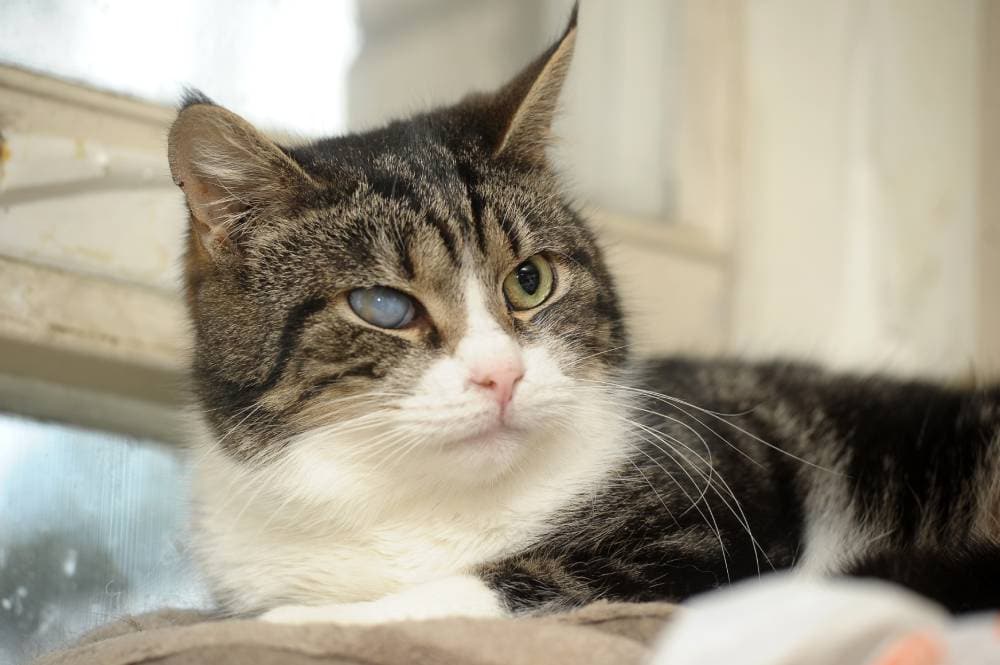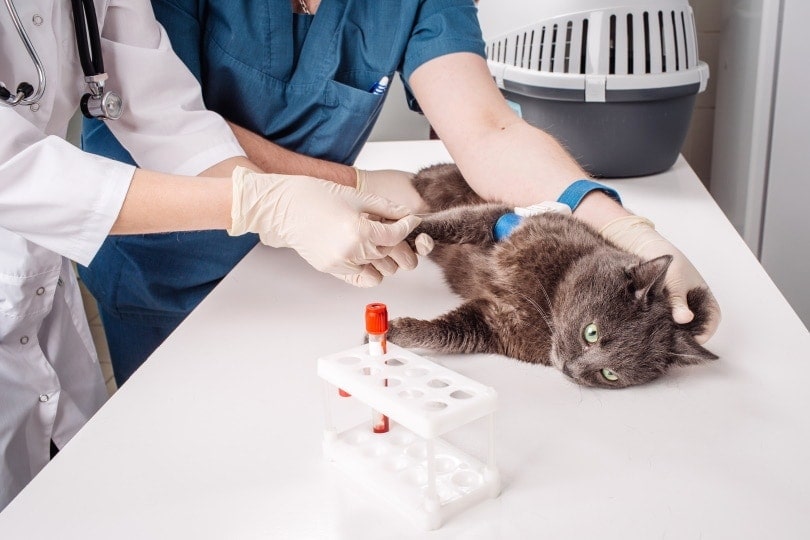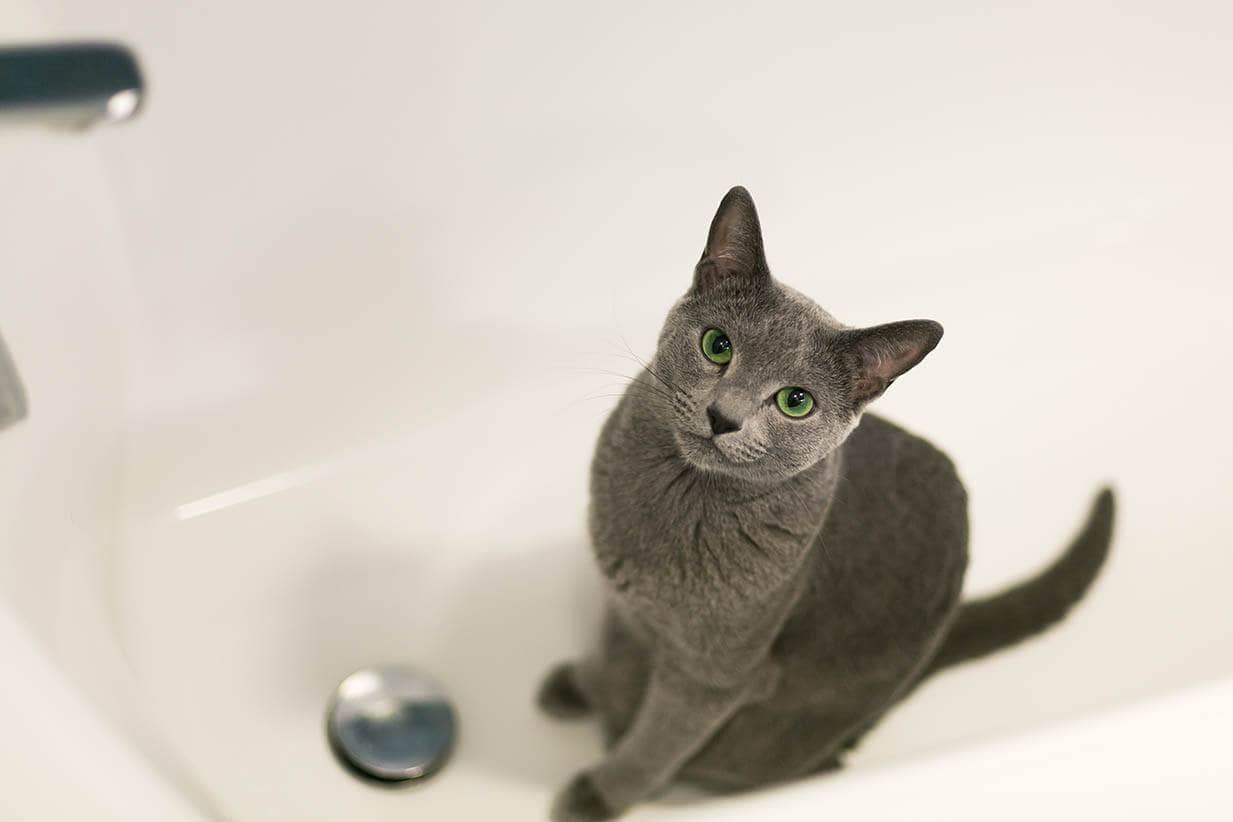VET APPROVED

The information is current and up-to-date in accordance with the latest veterinarian research.
Learn more »Click to Skip Ahead
Of all the ophthalmic problems that can afflict your cat, retinal detachment is one of the more serious issues but it’s not common enough for you to worry about it too much. It often leads to complete blindness, but early detection can help slow down the progression.
If you’re noticing problems with your cat’s eyes, how likely is it that retinal detachment is the problem, and when should you seek out a vet for a potential diagnosis and treatment? We answer those questions and more for you here.

What Is Retinal Detachment in Cats?
Retinal detachment occurs when the cat’s retina starts to separate from the underlying tissue. This can be caused by a number of disease processes such as an overactive thyroid, kidney disease, facial trauma, or an ocular tumor. It is more common in cats with hypertension (high blood pressure).

How Common Is Retinal Detachment in Cats?
Dr. Thomas Kern, an associate professor of ophthalmology at Cornell University’s College of Veterinary Medicine, states that retinal detachment is the second most common blindness-causing disorder in cats.
This doesn’t make it overly common, but it does mean if you’re noticing vision problems with your cat, it is most definitely on the differential list. Dr. Kern also states that most of the time, the diagnosis comes with middle age or elderly cats whose problems keep getting worse with age.
This is troubling because if you let the problem go for too long, it severely limits the treatment options available for your cat.
Signs of Retinal Detachment in Cats
If you suspect that your cat is experiencing retinal detachment, it’s important to get treatment as soon as possible. But you won’t know to take your cat to a vet for diagnosis and treatment if you don’t recognize any of the warning signs.
- Blindness/impaired vision
- Dilated eyes
- Eyes don’t adjust to light properly
Diagnosing Retinal Detachment in Cats
If you suspect that your cat has a full or partial retinal detachment, you need to take them to the vet for a proper diagnosis. The vet will complete a visual workup with bloodwork and figure out exactly what is going on and the severity of the disease before going over treatment options with you.

Treatments for Retinal Detachment in Cats
PetMD highlights a few potential treatment options for cats with retinal detachment. It varies depending on any other health issues and the severity of the retinal detachment, but the vet can either prescribe medications such as anti-hypertensive drugs, or, in many cases, your cat might need surgery to reattach the retina completely.
Unfortunately, while there are treatment options to help slow down the progression and temporarily restore vision, Dr. Kern states that permanent blindness is the typical result for most cats with retinal detachment.

Final Thoughts
You should keep an eye out for the signs of retinal detachment, but it’s not common enough that you need to stress out about it too much. If you do start to notice signs, seek out help from a veterinarian as soon as possible to keep the issue from progressing and to get treatment for your cat.
Early detection and treatment can keep your cat’s vision intact longer, so if you do notice signs, don’t ignore them!
Featured Image Credit: Anna Krivitskaya, Shutterstock











